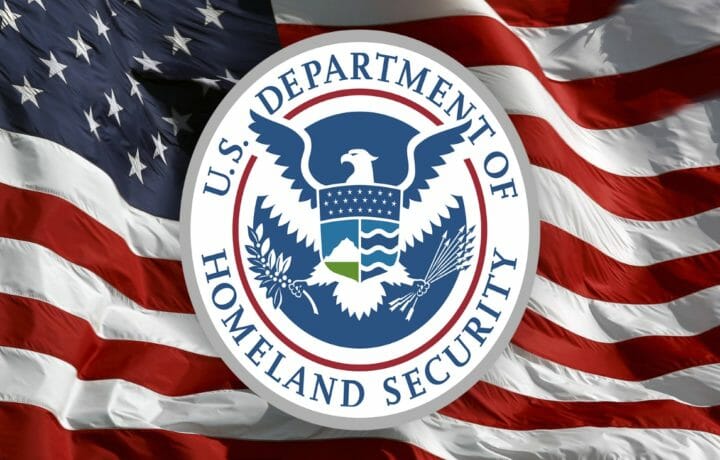Those who protect national security projects are able to reach out for many, many assets to help us in our mission. The Department of Homeland Security’s cybersecurity mission applies to everyone supporting national security.
DHS has many missions. They are an umbrella organization, overseeing many elements that protect the homeland. One element of this mission is cybersecurity. DHS intends its cybersecurity mission to protect our critical infrastructure from the actions of adversaries. Consider for a minute what this means in common terms, how it applies to your cleared organization.
DHS has a well-written definition of its mission in cybersecurity. They contend that adversarial nations target our ‘critical infrastructure to collect information and gain access to industrial control systems in the energy, nuclear, water, aviation, and critical manufacturing sectors. Additionally, sophisticated nation-state attacks against government and private-sector organizations, critical infrastructure providers, and Internet service providers support espionage, extract intellectual property, maintain persistent access on networks, and potentially lay a foundation for future offensive operations.’
We see all elements of international and home grown nefarious deeds outlined here. Adversaries not only want our secrets, but also to control the very lifeblood of our economy. We need to be aware of how these infrastructure implications impact our cleared activities. We need to know whether our power sources are properly protected, or we can’t function with our computers at all. Further, we need to be sure our aviation assets are protected if our mission requires deliveries on time. How can we best assure our chain of control is maintained if our classified deliveries are interrupted in any way? As you can well imagine, these questions might have a plethora of sub-questions depending on your mission.
If, for instance, you must deliver controlled substances across miles of our own country, you’ll be traveling through a host of jurisdictions. Your homeland security counterparts will be a good place to begin your inquiry about what assistance exists to help you as you move your objects along. For instance, what about the infrastructure threats along the way? Have there been activities by cyber criminals affecting road access which might cause you to change your route? Are waterways or means of transport you might employ properly secured against computer attack? Did you know, for instance, that there are riverine police agencies along most major waterways of our country? DHS can keep you advised, or direct you to sources of information to keep your movement of protected programs and materials safe.
Did you notice how DHS’s cybersecurity professionals help protect against those who would spy upon us? Anyone who can access our computers can install spyware. It can silently contain future destruction orders, set to activate whenever the enemy determines the time is right. We need only remember that those ten Russian spies deported a decade ago were targeted against us, waiting for the proper moment to strike. Until then, they were simply Americans trying to get jobs in our national infrastructure. Here, we see how malware is the electronic version of those spies. In the cyber world, things change rapidly, and often.
Espionage and attempted infrastructure control are but two of the major threats our adversaries use their electronic capabilities on. Combating these, as well as developing missions to combat remote monitoring, phishing, and ransomware, are now being coordinated across the federal government. To access all of the protection these agencies can field for you requires knowledge on your part. You need to read about these various agencies. You’ll need to know who to contact. Once you’ve contacted them, find out what they can provide.
Some cities and regions have established joint operations centers. Find out about those, and who can allow you access. We must be constantly aware of this varied, sophisticated, and constant threat. The hardest part is to make non-security professionals aware, and believe they have a role in combating it. This sounds like an oft-repeated refrain, easily ignored. No, this threat is real. If we are compromised, not only money, but the very security of our families is at stake.
We would put a camera on our porch to protect our family. Why would we not expend the time to learn about how a sophisticated threat to our cleared programs works, changes, and is implemented? Go to the professionals. Ask for help.




